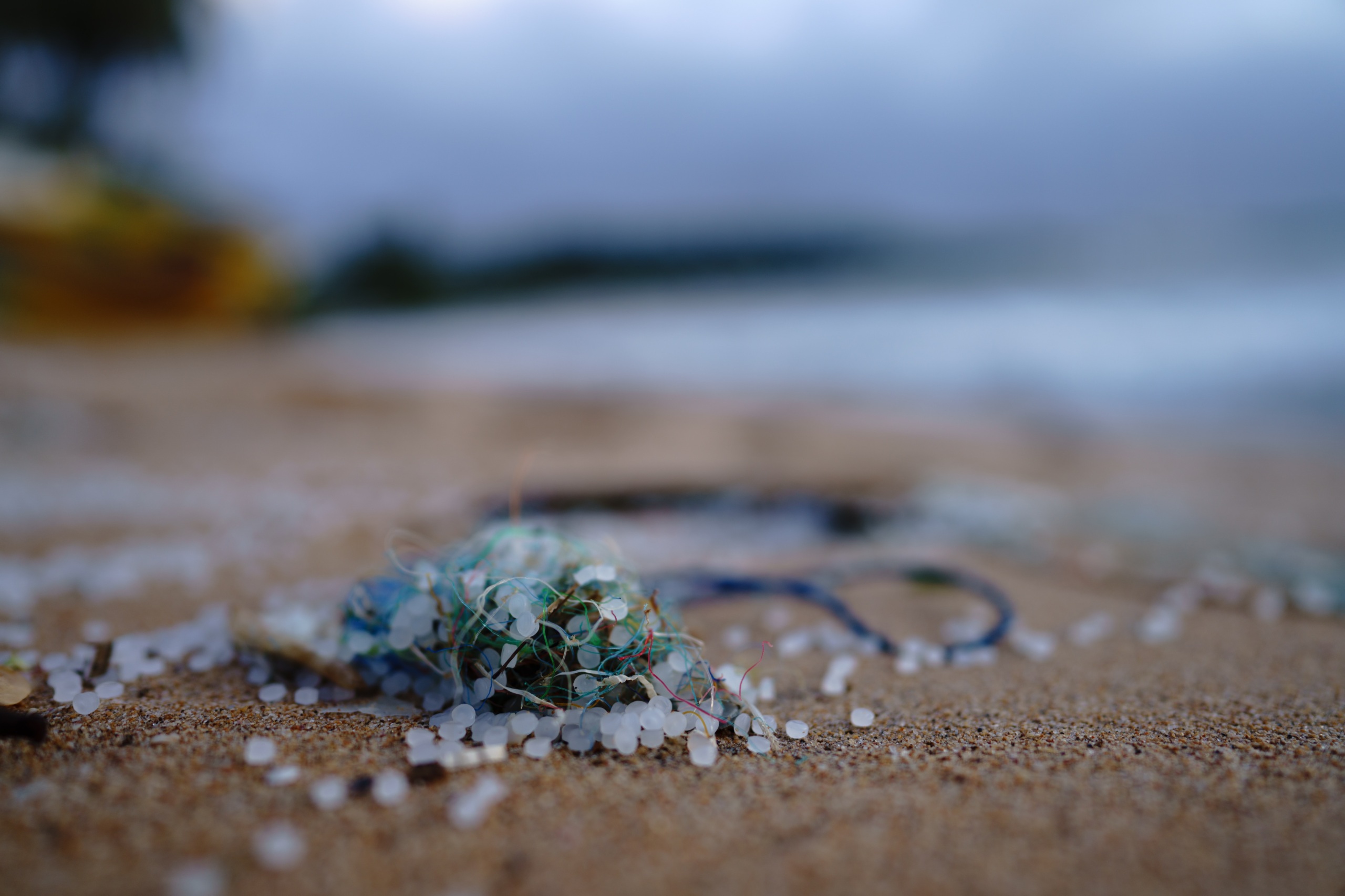
Tell your U.S. senators: Support the Plastic Pellet Free Waters Act
These tiny plastic pellets, called “nurdles,” are being dumped into our waterways — and they’re putting wildlife at risk.
Take Action
This may be the worst plastic pollution you haven’t heard of.
They’re called “nurdles,” and these tiny plastic pellets are the building blocks of plastics manufacturing. They’re also being dumped into our environment by the millions. Once there, it’s far too easy for a bird, fish or turtle to mistake these lentil-sized plastic pellets for food and suffer injury or even death as a result.
We can’t allow this plastic pollution to keep flowing into our rivers and oceans. That’s why we’re calling on Congress to pass the Plastic Pellet Free Waters Act to prohibit the discharge of plastic pellets into our waterways.
Tiny plastic nurdles are used to make everything from plastic bottles to plastic grocery bags to polystyrene foam containers and more.
They’re manufactured and transported by the trillions. And because they’re so small and cheap, it’s often easier for plastics companies to wash nurdles down the drain or dump them directly into our waterways when they’re accidentally contaminated with dirt or dust. Other times, nurdles are leaked or spilled during transportation.
No matter how they get into our environment, they eventually find their way into our waterways, ending up in the Pacific or Atlantic oceans, the Gulf of Mexico, the Great Lakes or the Chesapeake Bay.
There are often no penalties for the companies doing the dumping, even though an estimated 10 trillion plastic nurdles are expected to pollute marine ecosystems each year.
With that many nurdles floating in the water, it’s easy for a fish or turtle to accidentally eat them. But these plastic pieces are often hard or impossible to digest, leaving animals to starve with bellies full of plastic.
Right now, we have an opportunity to take a big bite out of this plastic problem.
The Plastic Pellet Free Waters Act would stop companies from dumping nurdles into our environment by holding them accountable for their pollution. But to make this commonsense bill law, we need to show our lawmakers that it has overwhelming support.
Of course, we’re also working to protect animals from plastic pollution by reducing our overall reliance on plastic and by passing laws to ban the single-use plastic products we just don’t need. But right now, we have a unique opportunity to tackle one of the most prevalent types of plastic pollution.
Tell your U.S. senators to support the Plastic Pellet Free Waters Act today.
Tell your U.S. senators to support the Plastic Pellet Free Waters Act to prohibit the discharge of plastic pellets into our rivers, lakes and oceans.
Take Action
As director of Environment Oregon, Celeste develops and runs campaigns to win real results for Oregon's environment. She has worked on issues ranging from preventing plastic pollution, stopping global warming, defending clean water, and protecting our beautiful places. Celeste's organizing has helped to reduce kids' exposure to lead in drinking water at childcare facilities in Oregon, encourage transportation electrification, ban single-use plastic grocery bags, defend our bedrock environmental laws and more. She is also the author of the children's book, Myrtle the Turtle, empowering kids to prevent plastic pollution. Celeste lives in Portland, Ore., with her husband and two daughters, where they frequently enjoy the bounty of Oregon's natural beauty.
